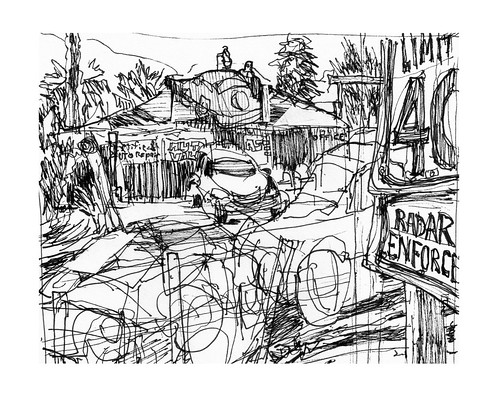What You Need To Know About Vehicle Repairs
If your car is in need of repairs, why not try to do the job on your own? It is not always necessary to visit a mechanic because something minor has occurred.
Utilize the following article as you go about fixing your car. You will save a lot and learn some useful skills. Your radiator needs to be looked over regularly. Let the car run a couple minutes, shut your engine and open up your hood.
Do not lift the radiator lid when the engine is running or if it is too hot. Use a dipstick to check the amount of fluid in the radiator. You should also make sure to mix coolant fluid with water before you pour it into your radiator.
Whenever you have your vehicle repaired, ensure you maintain an adequate record, regardless of the reason why you are having repairs. This will help the technician when you get future repairs on your car. Without these records, you may have to pay more money, and it may be harder to find where the problem is coming from.
Mechanics should have ASE certification before you hire them. This indicates passage of written testing and experience of no less than two years. This ensures that you have a capable person working on your car. When getting auto repairs, take all items out of your car.
Mechanics might have to empty the inside of your vehicle and they cannot be held responsible if an item is damaged or missing. You should also remove all the items from your trunk. Examine your headlights if they appear dim; they may simply need a good clean.
Sometimes a greasy residue from the road can be deposited one the lights and hold dirt that reduces the amount of light they put out. Use a quality glass cleaner to keep your lights clean. Look for warning signs that repair mechanics may give off.
If you are being talked to in circles and your questions aren't answered, then you will want to go elsewhere. It is important that you establish trust with the person who is going to fix your vehicle. It is important to be aware of mechanics who make repairs that are not necessary. A good mechanic will never perform work without getting your full approval.
Don't return to mechanics that do unnecessary repairs. Ensure that your oil is changed with regularity. You should regularly get the oil changed to make sure your vehicle runs smoothly. In the long run, omitting this important step could cost you thousands of dollars, and it could lead your vehicle to an early death.
There is no real benefit to getting repairs done at the dealer. There are quite a few mechanics out there, whether you get your car into one of them or do things at home yourself there are many options. If you find one you like, you should hire him.
Your tire pressure should be checked when purchase some gas. Inspect your tires and look for embedded rocks or small objects. If there appears to be a problem, have it checked out as soon as possible. Faulty tires can cause major accidents so avoid this situation at all costs.
Remember that getting OEM parts is important. Those are the original parts from the manufacturer. Although using generic parts may provide some short-term savings, it's impossible to know whether or not they'll hold up as well as OEM parts. Generic parts could end up costing you more in the long run. Not many people read their car manual.
You need to learn the manual so that you can find information right away. The manual is full of key facts about your car and how to perform minor repair work. It is not uncommon to find out about other problems when collecting a car from a repairer. They often try to make you think you're getting a great deal. Do not let a mechanic make repairs on your car without permission, and shop around for better prices if your mechanic suggest additional repairs.
Getting auto repairs done can seem like such a pain when you first start. But if you have the right information, you should be able to handle most of the problems your car is likely to face. Remember what you've just learned, and get your car back on the road. Your wiper blades need TLC. If they're not working properly of leave streaks, you might need new wipers.
Wiper blades should be replaced a minimum of once per year. If your area receives a lot of rain, then you may need to replace your blades more regularly.






No comments:
Post a Comment